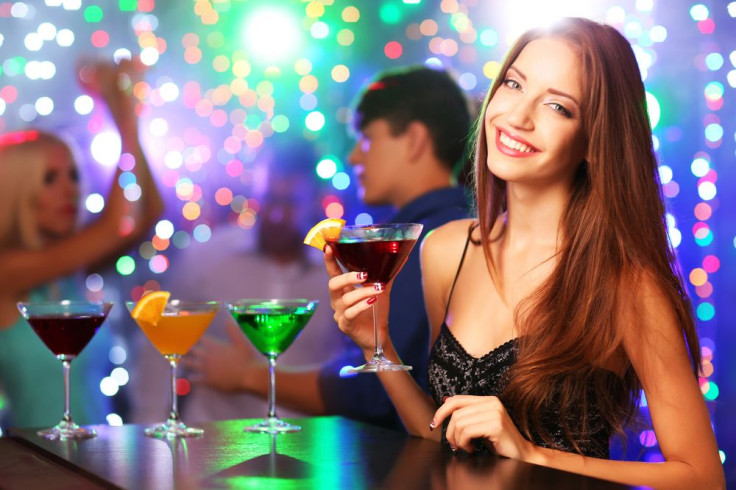Bartenders 'Overserve' Drunk Patrons And, No Surprise Here, Those Patrons Are Mostly Women

Is your hangover really the bartender’s fault for “overserving” you or should you have cut yourself off well before that last jack and coke? A recent study conducted by scientists from the Norwegian Institute of Alcohol and Drug Research has found that although a law in Norway prohibits bartenders from serving alcohol to intoxicated customers based on appearance, they still do so more than 60 percent of the time and women more so than men.
The research team visited 153 drinking establishments in three Norwegian cities, including Trondheim, Bergen, and Oslo, along with “pseudo-intoxicated patrons” played by both male and female actors between the age of 20 and 30 years old. A total of 425 purchase attempts were made while researchers assessed characteristics of the drinking establishment, the bartender, and the actor.
Out of 425 purchase attempts, pseudo-intoxicated patrons were served 347 times, representing 82 percent of attempts. Bartenders overserved patrons 95 percent of time if the patron was female and if it was past midnight, while it dropped to 67 percent if the patron was a male and if it was before midnight. Rates of overserving also increased significantly when the drinking establishment had poor lighting, higher noise and music level, and a higher concentration of drunk patrons.
The judicial system in Oklahoma recently called attention to the danger involved with overserving when 48-year-old Sammy Ford, a pilot for the National Guard and LifeFlight, died after being hit by two cars on his way home from a bar. Although neither driver was charged with Ford’s death, the bartenders who served him that night were. Ford’s toxicology report came back 0.30, which is four times over the legal limit. The bartenders were charged with serving alcohol to an intoxicated person, a felony in Oklahoma.
Under the dram shop law in the U.S. — dram shop referring to an 18th century English term for an establishment that distributes alcohol — restaurants, bars, and liquor stores can be held liable for selling or serving alcohol to a person who causes injury or death as a result of intoxication. Twenty-two of the 30 states that have statutory provisions for overserving limit liability to cases involving a patron who is clearly intoxicated or under the legal drinking age.



























